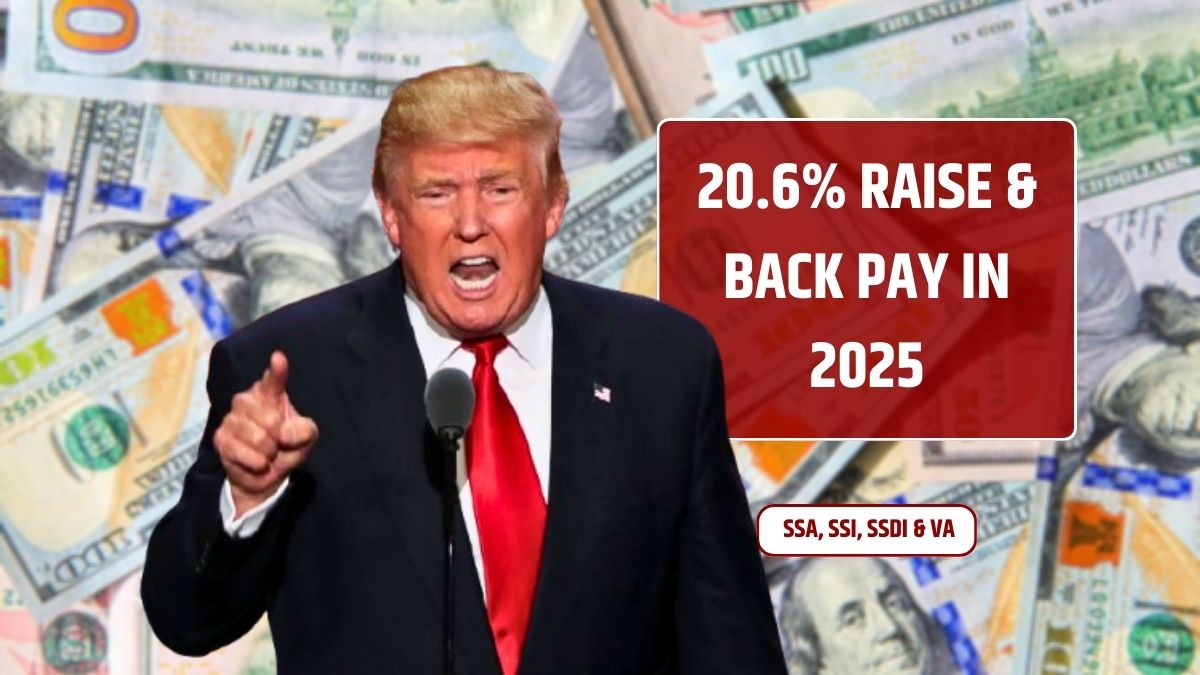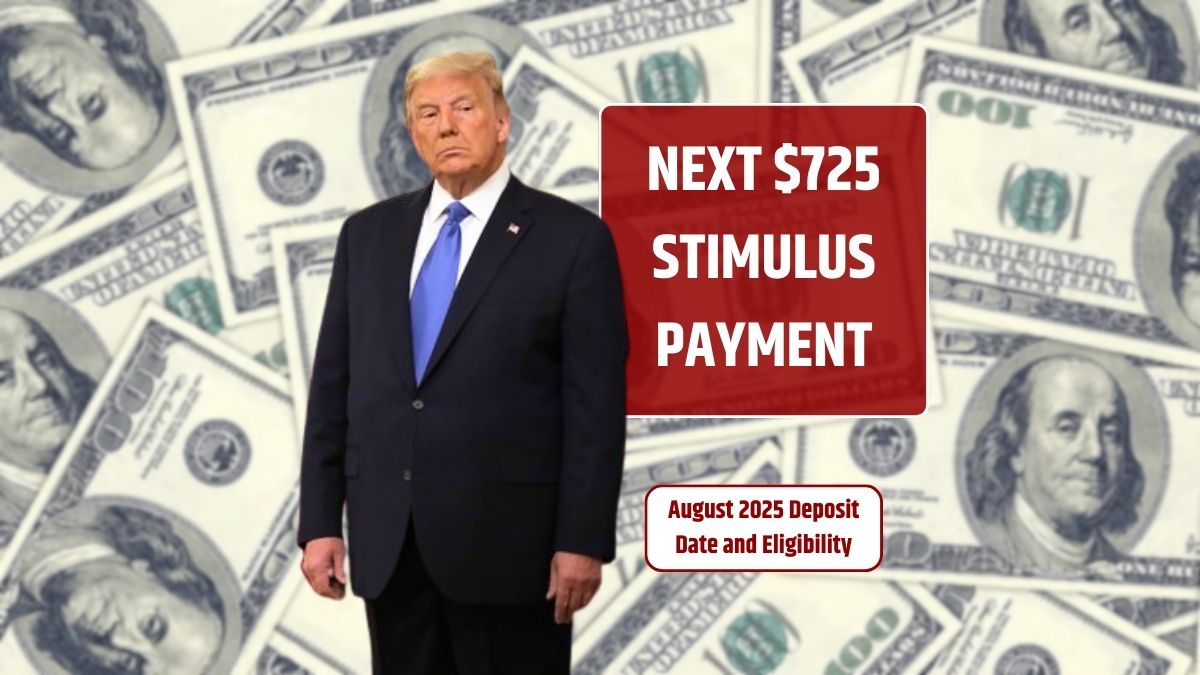A powerful congressional committee is making waves in Washington with a proposal to slash U.S. non-military aid to Colombia by half. The move, led by Republican Rep. Mario Díaz-Balart of Florida, signals deepening tensions with the government of Colombian President Gustavo Petro. The push comes amid growing alarm over political instability, resurging violence, and claims of drug use among high-level Colombian officials.
Cuts
The House Appropriations Committee, in its report tied to the 2026 National Security and State Department funding bill, didn’t hold back. It cited a “deteriorating security environment,” political volatility, and what it called “malign relationships” connected to Petro’s administration. As a result, lawmakers are recommending a 50% cut to all non-military aid compared to 2025 levels.
That’s a big deal. For years, Colombia has been one of Washington’s closest allies in the region, especially in the fight against drug trafficking. But this proposed budget signals a major shift in tone and direction.
Instability
At the heart of the concerns is Colombia’s internal security. Armed groups are reportedly reclaiming territories once secured under Plan Colombia — the massive U.S.-backed initiative from the early 2000s. Adding to the tension was the June 7 assassination attempt on opposition senator and 2026 presidential hopeful Miguel Uribe Turbay. The report called it a clear sign of Colombia’s political fragility.
Violence isn’t the only issue. The committee also criticized Petro’s government for erratic behavior and weakening rule of law. It expressed worry about judicial independence, particularly regarding the case of former President Álvaro Uribe Vélez, a staunch U.S. ally. According to the committee, that case shows signs of politicization, surveillance abuse, and due process violations.
DrugUse
What really stands out is the committee’s unusual focus on drug use within Colombia’s own government. For decades, Colombia has been seen mostly as a drug producer, not a consumer. But this report flips that perception.
Lawmakers raised red flags over increased domestic consumption, including among government officials. While they didn’t name names, the report hinted at growing dysfunction inside Petro’s administration. It even directs the State Department to look into launching drug-demand reduction programs inside Colombia — a first-of-its-kind move.
This shift follows reports of internal strife within the Petro government. One key moment was the leak of an audio recording in which former Foreign Minister Álvaro Leyva, once a top Petro ally, allegedly called for Petro’s removal, citing health concerns. Leyva reportedly traveled to Washington earlier this year and tried to meet with Díaz-Balart and Secretary of State Marco Rubio. Whether those meetings happened is still unclear.
Funding
Despite the sharp cuts to development and law enforcement aid, military assistance will remain mostly intact. Here’s how the numbers break down:
| Aid Category | Proposed 2026 Funding |
|---|---|
| Foreign Military Financing | $38.5 million |
| National Security Investment Programs | $67.3 million |
| Int’l Narcotics & Law Enforcement | $103 million |
| Non-Military Assistance | Cut by 50% |
The continued support for Colombia’s military and drug enforcement efforts shows that counternarcotics cooperation is still a priority. But the civilian side of the partnership is clearly being scaled back.
Impacts
If passed, this bill would be a dramatic turning point in US-Colombia relations. The decades-long bipartisan support for Colombia may be cracking under the pressure of Petro’s leftist policies and growing instability.
While the bill still needs full House and Senate approval, its language already reflects a serious shift in how Washington views Bogotá. For Petro’s government, the message is clear: it’s time to address rising crime, restore stability, and clean house — or risk losing even more support from its most powerful ally.
FAQs
Why is US aid to Colombia being cut?
Due to instability, drug concerns, and weak rule of law.
How much non-military aid is being cut?
50% of non-military aid will be slashed if passed.
Is military aid to Colombia affected?
No, military aid remains largely unchanged.
Who is leading the aid cut proposal?
Rep. Mario Díaz-Balart is pushing the cuts.
What triggered the aid review?
Instability, drug use claims, and political violence.












